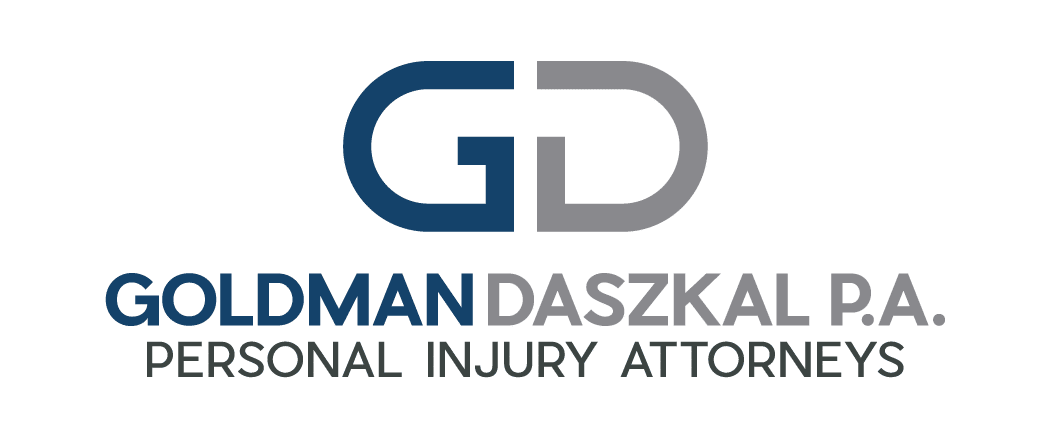
It’s that time of year! It’s hurricane season and forecasters are predicting between 12 and 15 tropical storms. Of the tropical storms, 6 to 8 of these are expected to become hurricanes, and 3 to 4 will likely make landfall in the United States, with a likelihood that many of these may affect the state of Florida.
Each year, individuals suffer injuries while preparing for hurricanes, during tropical storms, and while cleaning up after storms.
The National Safety Council (NSC) strives to keep citizens safe and offers important safety tips to help you prepare for hurricane season.

Prior to the storm, follow these important NSC safety tips:[1]
Weeks before:
- Make a list of emergency numbers and keep in a visible location. Collect important documents (insurance, passports) and keep virtual copies so that you can access easily as needed.
- Make sure that you and your family members have sufficient prescription medications to last a month.
- If your home is not strong enough to withstand hurricane winds, go to a public shelter or the home of family or friends.
- Stock your home with sufficient emergency supplies for you and your family. Follow the CDC guide which recommends at least 5 gallons of water per person. CDC emergency supplies recommendations
- Establish a way to connect with family members and friends during and after the storm. Have a plan B as well.
- Ensure your carbon monoxide detector has new batteries and works properly. If you are planning to use a generator, make sure it’s at least 20 feet from any door, window, or vent.
Just before:
- Follow your local weather and heed evacuation orders.
- If you are in a vehicle, get off the main highways and stay on the side of the road and use emergency flashers. Never drive into areas with high water.
- If you hear warning sirens, go to an interior part of your home or shelter without windows such as a closet or bathroom.
- Stay inside the shelter/home until local authorities confirm the storm is over. Be careful: avoid touching cords, electrical equipment, metal, and water outside the home.
- If you have power lines down and/or flooding, switch off the electricity in your home.
- Move or secure any outdoor furniture and board up windows to your home. Use heavy construction gloves when carrying or mounting metal shutters. If you need to put up shutters on the second story of a home, take extra precautions to avoid injuries. Better yet, hire a pro.
- Prepare your car and fill the gas tank.
- For complete information, visit the Center for Disease Control (CDC) here.
Here are a few things to keep in mind if you are returning to your home after a storm has hit:[2]
- Turn off the electricity until the home has been inspected for damage and flooding Remember that flooded areas may contain harmful bacteria and waste materials. Avoid wading, swimming, or touching it and do not drink it.
- Consume plenty of clean drinking water to avoid dehydration.
- Be extra careful to avoid stepping into a pool or manhole.
- If you need to use a respirator to avoid breathing in mold and mildew, shave any facial hair to ensure that the mask properly seals to your face.
- Visit cdc.gov to learn about safe cleanup.
Whether you are preparing for a storm or not, we recommend that you:
- Take a CPR course so that you can help someone in the event they choke, are unconscious, or suffer a medical emergency.
- Keep a First Aid Kit in your home and in your vehicle. In addition, keep a list of your family member’s physicians and medications in case of emergency.
- Take a basic First Aid Course in person or online so that you know how to help someone who is bleeding heavily, received burns, or broke a bone. The American Red Cross provides classes on First Aid, CPR, the use of Automated External Defibrillators (AED), in communities across the country as well as online. Learn more at American Red Cross.
Promote hurricane preparation and safety with your family members, friends and community. Don’t wait until the storm. Share this article today.
Since 1990, Goldman & Daszkal, P.A. has provided reputable legal representation to people throughout the state of Florida. The firm has helped thousands of individuals recover compensation from motor vehicle and boating accidents, slip and fall accidents, product defect and liability cases, pharmacy errors, and negligent security cases to cover medical expenses, pay bills, take care of their families, and return to work. Goldman & Daszkal, P.A. can help you get the relief you need to start living your life again after a serious injury. For a free and confidential consultation, contact Goldman & Daszkal, P.A., at (954) 428-9333.
[1] National Safety Council https://www.nsc.org/home-safety/safety-topics/emergency-preparedness/hurricane
[2] National Safety Council https://www.nsc.org/home-safety/safety-topics/emergency-preparedness/hurricane
